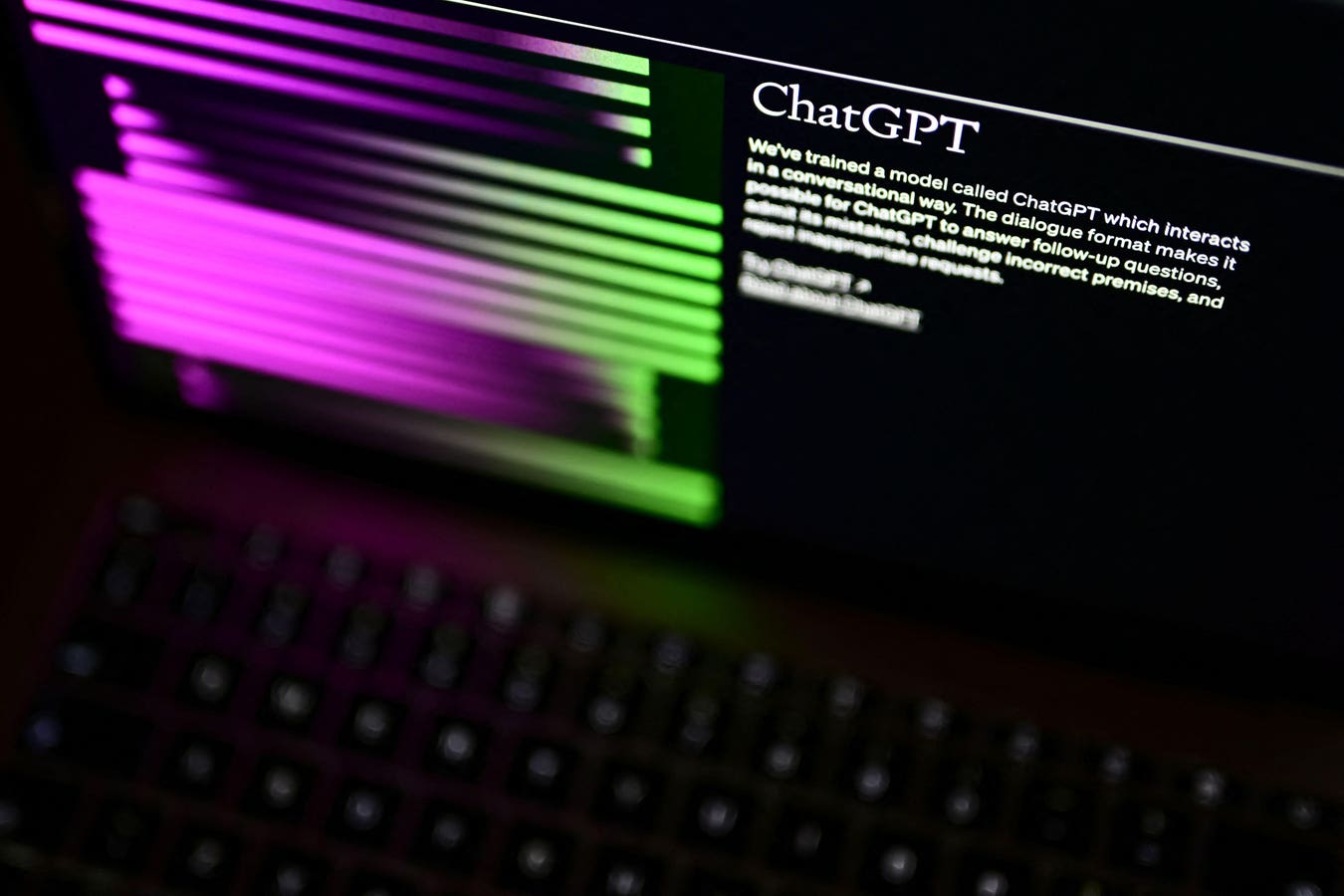Physical Address
304 North Cardinal St.
Dorchester Center, MA 02124
Physical Address
304 North Cardinal St.
Dorchester Center, MA 02124

How AI-Generated Code Is Creating A New Class Of Founders And Changing The Startup Game Forever
A photo taken on March 31, 2023 in Manta, near Turin, shows a computer screen with the home page of … [+]
In Silicon Valley’s relentless pursuit of the next big thing, a radical shift is upending traditional software development. Venture capitalists are now obsessed with “Vibe Coding” .
When Andrej Karpathy recently suggested on X that developers should “fully Give In To The Vibes” and “forget that the code even exists,” few anticipated how quickly this would transform from provocative thought experiment to startup reality. Today, Y Combinator partners Garry Tan, Jared Friedman, and Diana Hu report a stunning revelation: one-quarter of current YC founders estimate over 95% of their code is now AI-generated.
“This isn’t a fad, this isn’t going away,” insists one YC partner. “This is actually the dominant way to code, and if you’re not doing it, you might just be left behind.”
The shift is fundamentally rewriting the startup playbook. In this new paradigm:
Forward-thinking VCs are already adapting their investment theses. Traditional engineering metrics like algorithm efficiency and coding speed—once the gold standard for technical evaluation—are rapidly becoming obsolete.
“Maybe being a really productive coder… maybe that’s outdated,” notes a YC partner, signalling a seismic shift in how the next generation of billion-dollar companies will be built and funded.
The founder of Outlit put it even more bluntly: “I think the role of software engineer will transition to product engineer. Human taste is now more important than ever as Gen AI tools make everyone a 10x engineer.”
Despite the revolution, not everything about vibe coding is smooth sailing. Diana Hu, a YC partner, points out that current AI models struggle with debugging complex code issues, often requiring human intervention. This limitation means that while generating code has become exponentially faster, troubleshooting remains a distinctly human skill.
The long-term implications for software maintainability and security also remain open questions. Companies embracing vibe coding must develop robust code review processes and invest in debugging tools to ensure quality and reliability.
For founders looking to capitalize on this revolution:
The vibe coding revolution represents perhaps the most significant shift in software development since the emergence of open-source. For investors, it creates new opportunities to back founders who might have been overlooked in the previous paradigm. For entrepreneurs, it dramatically lowers the cost of turning ideas into products.
The exponential acceleration—from 10x to 100x speedups in just months—suggests we’re only at the beginning of this transformation. Companies that invest in training their teams to thrive in this new environment while fostering cultures of experimentation and continuous learning will be best positioned to capitalize on vibe coding’s potential.
The question is no longer whether AI will transform coding—it already has. The real question is whether you’re positioned to ride this wave or be washed away by it.